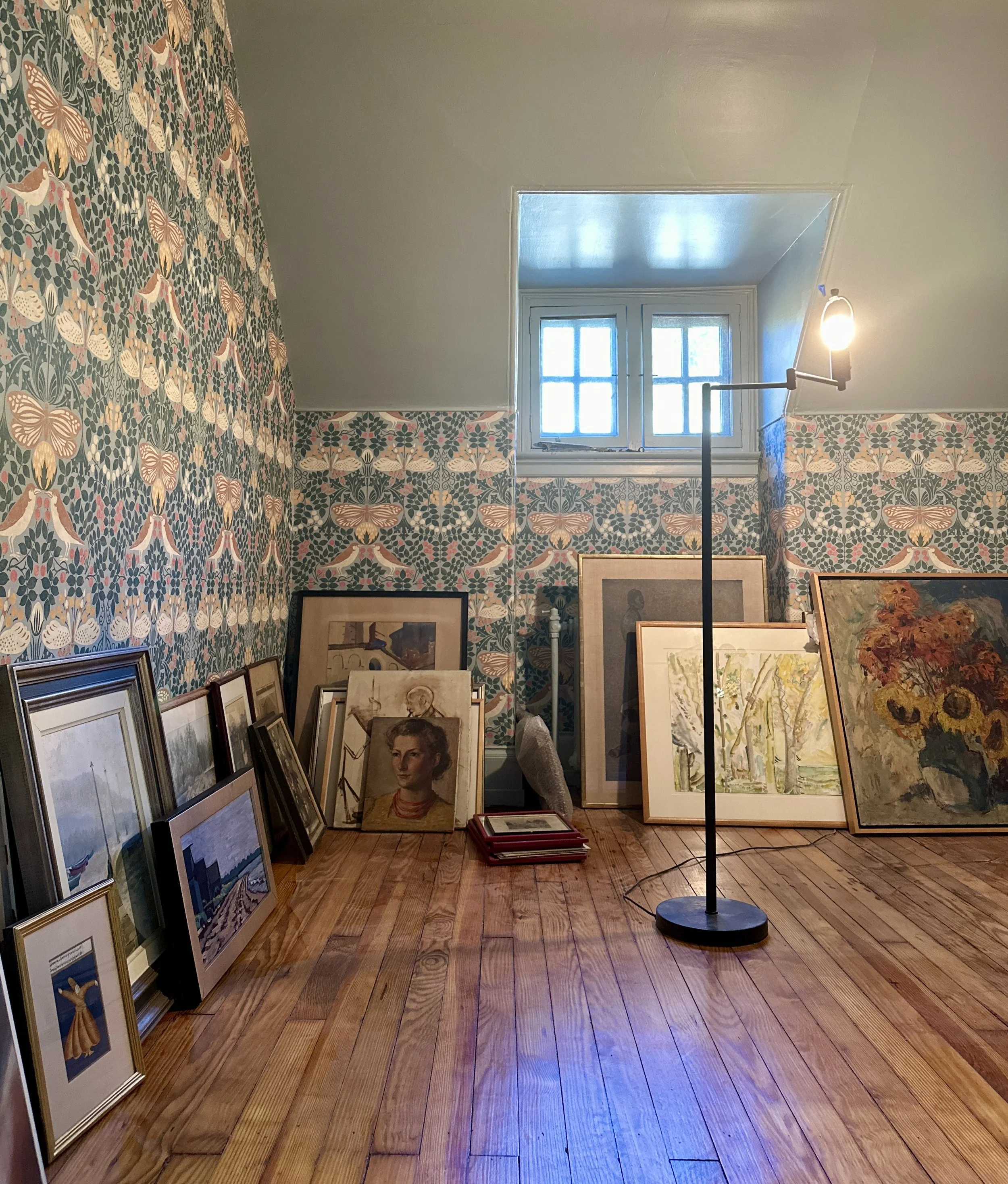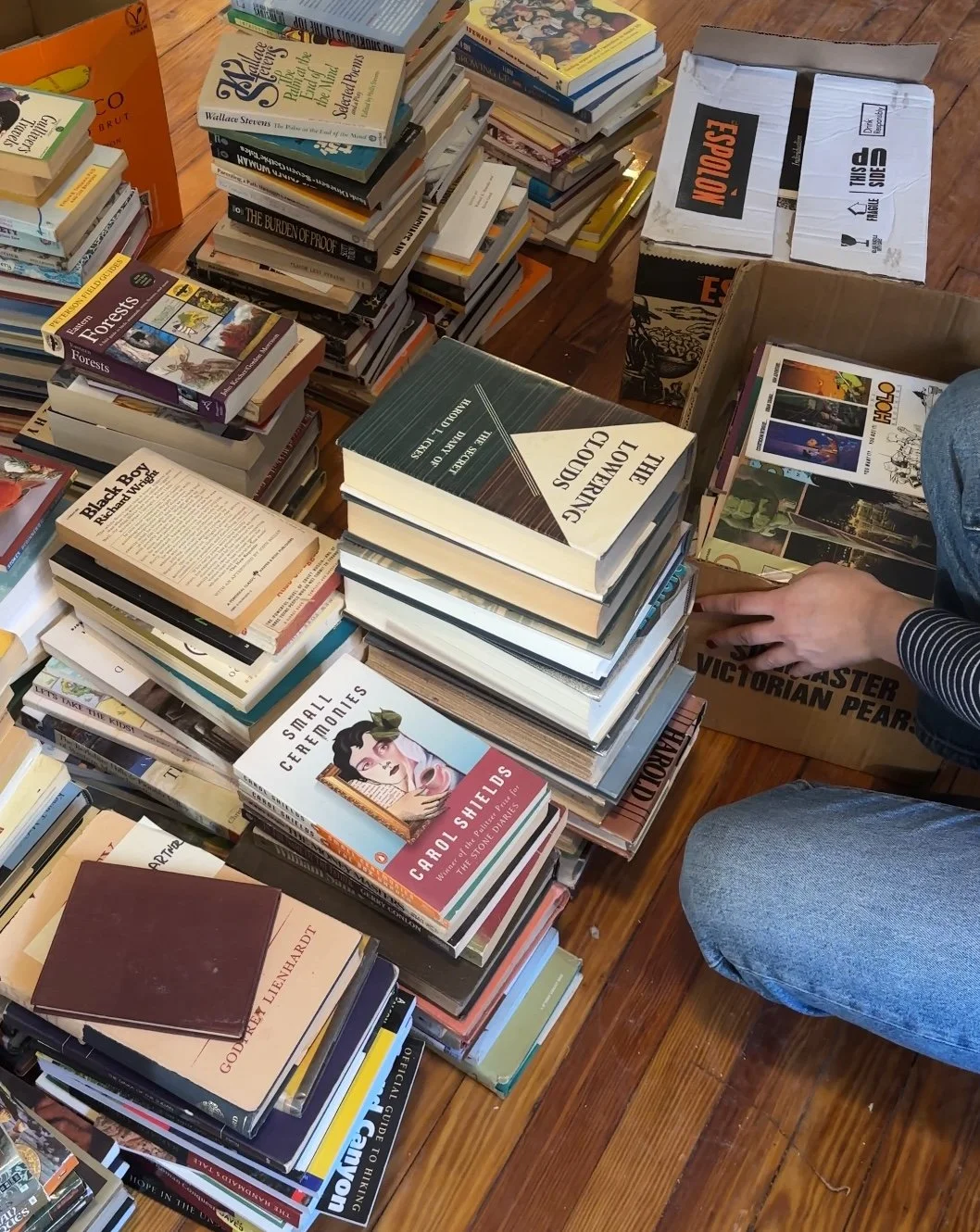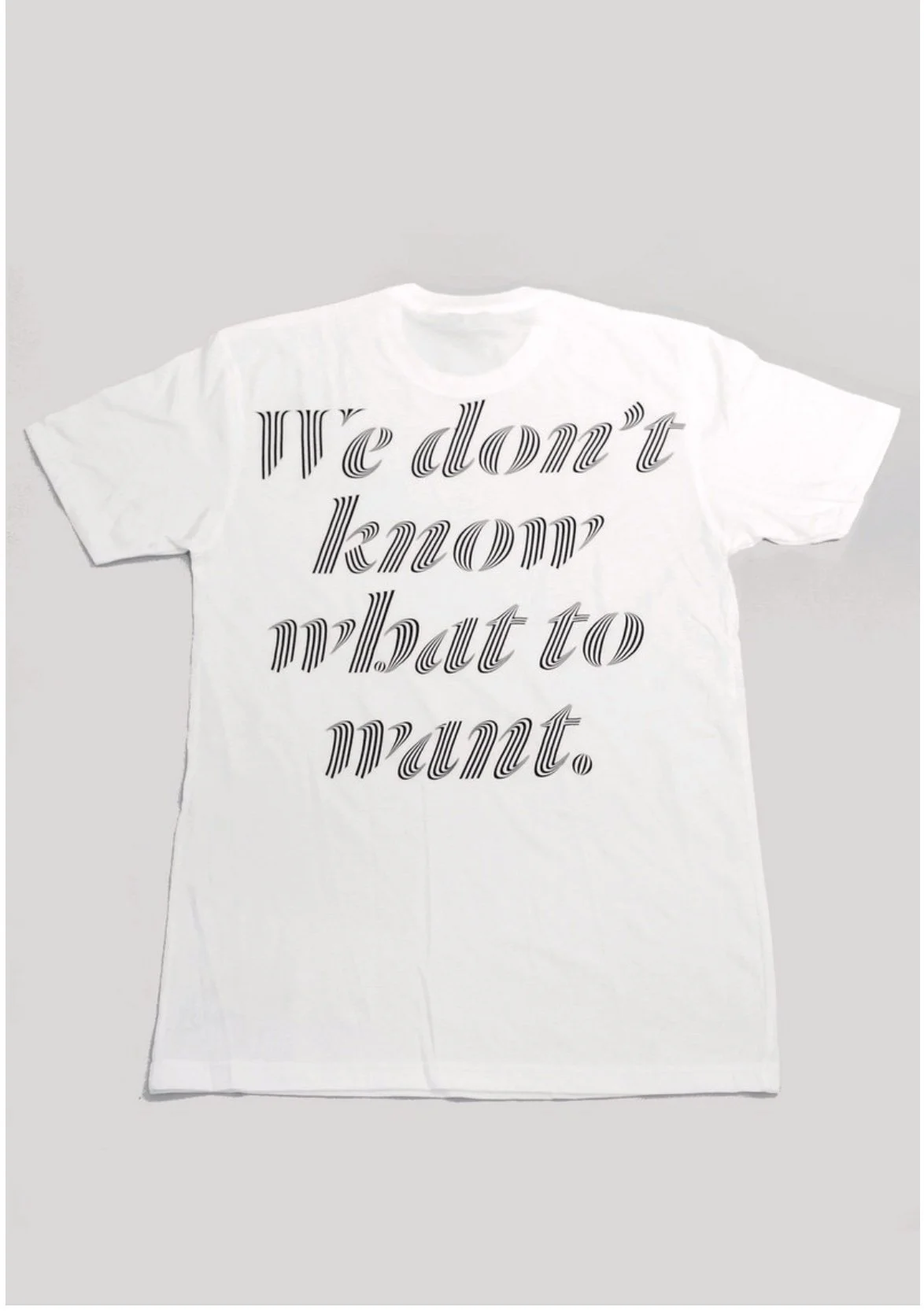The Panacea of the SPRING Purge
Your stuff or your time?
What hunter-gatherers can teach us about happiness.
Considering my vocation as a designer, I have a tough time purchasing objects, new objects in particular. To me, they're like strangers in an airport — I might appreciate a certain style, yet this doesn't mean I want to take it home. This aversion to accumulation has proven fortunate for me.
I believe objects carry resonance, a kind of energy that extends beyond their physical presence. Consider the philosophical puzzle of the grandfather's ax: if the son replaces the handle and the grandson replaces the blade, is it still the grandfather's ax? I would say “yes”.
This concept of resonance is what I listen for when tackling the process of elimination. What are the critical elements that truly resonate within a space? What are the strongest elemental pieces, and how do you strip away everything else to let them sing?
At this time of year, many of us contemplate a good purge. Many more find themselves confronting this act of separation with unexpected emotion. Where does this deep-seated upset around sorting and managing our stuff come from? Is there an inherent resonance in objects that makes letting go so difficult? Could it stem from the discomfort of realizing that some hope or dream will never get fulfilled? Can you summon the courage to face the defeat of giving away the squash racquet, the knitting needles, the gardening shears, or even the yoga block?
Many of my clients have serious concerns about where everything will go – and a palpable fear that there will not be a place for everything in a new kitchen or bathroom vanity.
I've observed that the greater the means, the greater the amount of objects that can hold promise: a volleyball net that makes for a great pickup game -someday- now requires a garage. But does the management of this level of personal belongings actually take away the leisure time needed to play or engage with these objects in the first place?
I recently read in Yuval Noah Harari's graphic novel "Sapiens" that hunter-gatherers only worked on average 30 hours a week. In their free time, they played with their children and enjoyed all the natural phenomena we now also cherish — sunsets on the beach, moonlight, and mountain vistas.
This presents an intriguing equation: Stuff equals time. Time equals leisure. Leisure equals the pursuit of happiness.
As Los Angeles was burning, we were all forced to consider what objects would make the cut when having to choose only what could fill a trunk. Photos seem to be the most non-negotiable objects, and even this will eventually time out as digital storage becomes our primary means of preservation. The computer may become the only remaining non-negotiable item. In the same way that hunter-gatherers had only what they could carry, our laptops have become the new leather arrow pouch, giving us the ability to be nomadic again. Unless, of course, the need to sleep in one's own bed proves a stronger anchor. Have we become like house cats, unaware of what exists beyond the walls we live in?
In the last several years, I've had the privilege of bouncing from beautiful location to beautiful location, living out of a carry-on bag. I highly recommend everyone should try this at least once in their lifetime – to experience the lightness of carrying only what you truly need.




